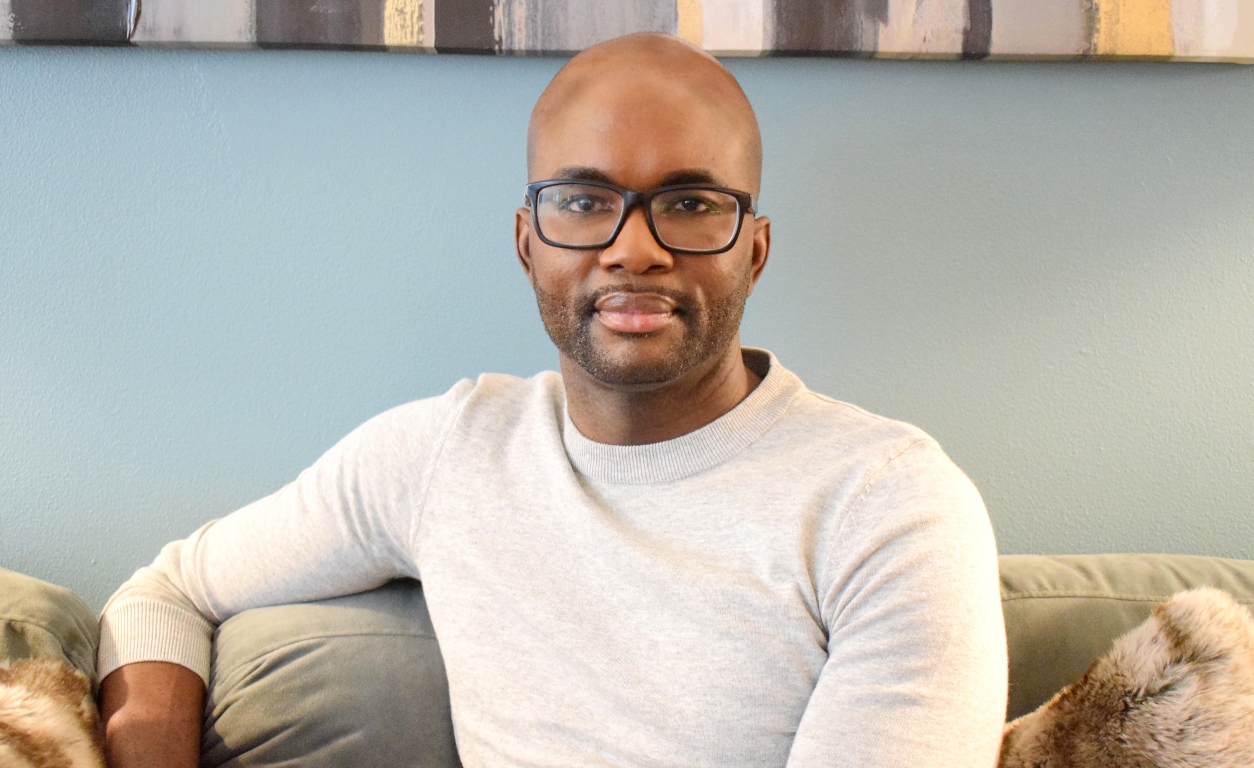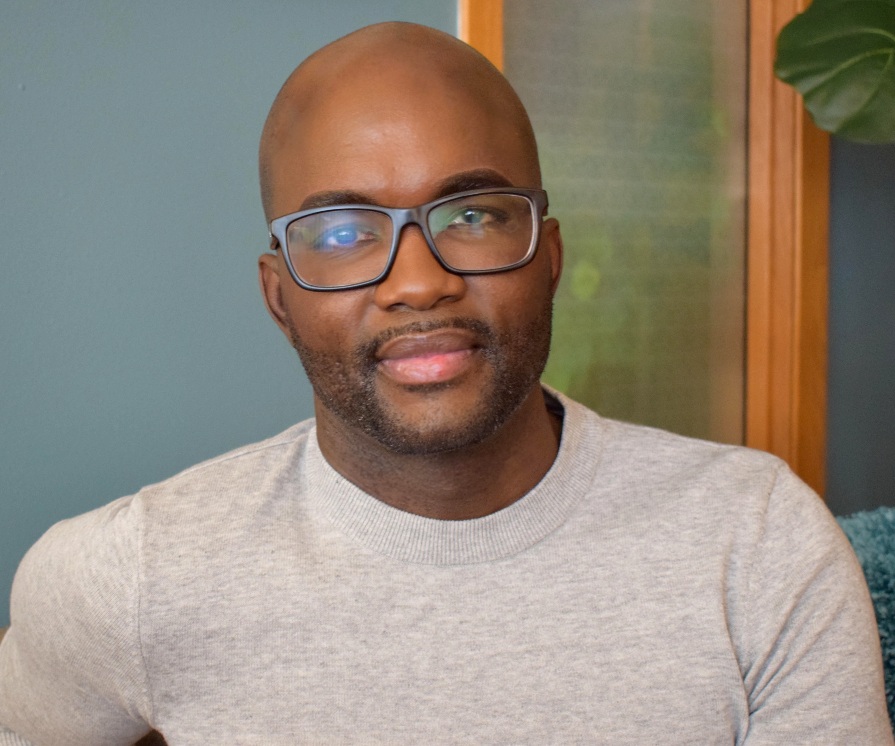
When moving to Madison in 2016, Frederick Harris, a licensed psychotherapist, was moved to open his own counseling center after enduring some of the worst trauma when working in administrative roles.
“The one thing I noticed being a person of color, and identifying as LGBTQIA+, is that the places I was working at within Madison had no representation, clinicians of color or administrators of color, or in marginalized groups,” Harris tells Madison365.
This missing link, as Harris explained it, is what lead to the creation of New Beginnings Counseling Center (NBCC) in 2017, where he serves as a founder and clinical director. Its value and mission is to provide the best services and to provide a safe space for individuals to process their experiences of trauma, especially among Black, Indigenous, people of color (BIPOC) and LGBTIA+ folks.
As underserved populations in Dane County, BIPOC and LGBTQIA+ communities are the main focus for Harris and his team at NBCC, due to barriers in the way of access to mental health and substance abuse services, including cost and lack of representation.
“The cost of mental health services, that is a big barrier,” explains Harris. “So that’s one, and, two, is that with the LGBTQIA+ and BIPOC communities, there’s a lack of understanding and cultural competency within these agencies, who are only doing diversity and equity as a checkbox, and have not really gained the knowledge of what these diverse populations go through and deal with. There’s a lot of misrepresentation and biases against these marginalized groups, so there’s more harm done to them that makes them not even want to seek out treatment.”

To break down these barriers, NBCC works on providing affordable mental health services no matter the patient’s financial situation, while also creating a space where BIPOC and LGBTQIA+ folk can walk in and see themselves represented among the staff. To continue to uphold its values, NBCC also allows students from the University of Wisconsin to intern at the clinic each year in order for the next generation to gain experience in working at a clinic with a culturally diverse staff that is well trained.
“Treatment is very eclectic. So my staff is trained in multitudes of behavior modalities, because multiple modalities that we know were only researching and testing the white population,” says Harris. “So if you have Latina, Latino, African American or Asian clients, they know how to approach it because they learn and gain knowledge about their culture. Providing safety is a big thing.”
What started off as a sole practice with Harris seeing patients on weekends or after work, has now grown into a clinic with about 150 patients and a bigger staff, that provide a range of services, including individual therapy, family therapy, and couples therapy, as well as a contract with Oregon School Districts that provides mental health and substance abuse services to students. In the near future, Harris hopes to open another office space where NBCC could focus on providing care for more culturally specific groups in order to carry out its values and mission.
“The difference between New Beginnings and these other facilities, that I’ve noticed, is that there’s no real empathy with these populations. If you can do it to your staff, who are of color, or marginalized groups, then the clients just become a checkpoint to gain money,” says Harris. “And that’s where my morals and my values are. It’s like, we’re supposed to be treating them for what they need, not just a paycheck.”



